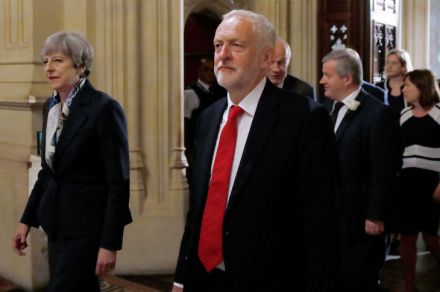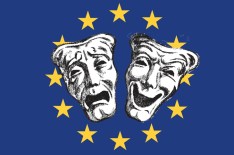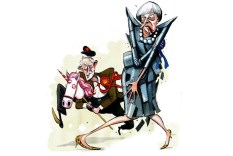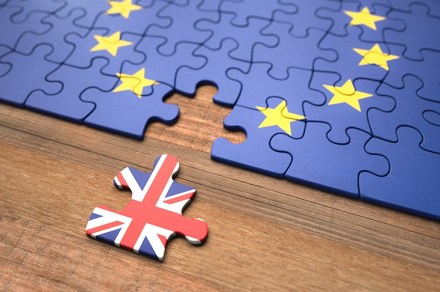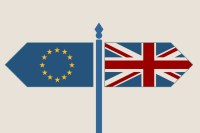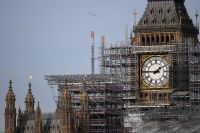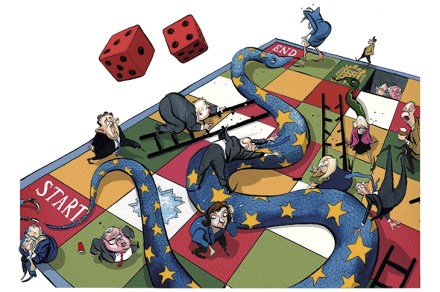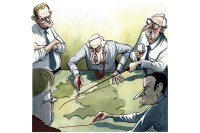How talks between Labour and the Tories reached breaking point
I am not sure whether it’s me or ministers who are the more naive. Because last night I was persuaded by Cabinet sources a breakthrough was nigh in talks to resolve the Brexit deadlock between the Government and Labour. But the talks are already on the verge of collapse – with each side making charges it is the other side which is negotiating in poor faith. Labour sources say the memorandum sent by the PM to Jeremy Corbyn this afternoon shows Theresa May has not shown the flexibility her colleagues expected. What has disappointed Corbyn and his Shadow Brexit Minister Keir Starmer is – they believe – the government is
